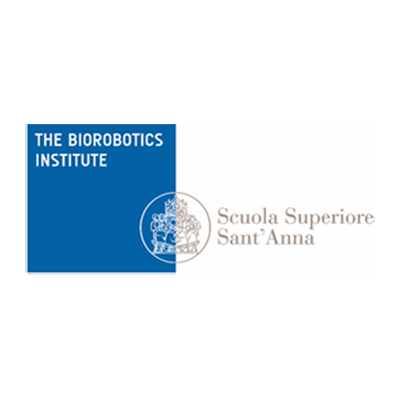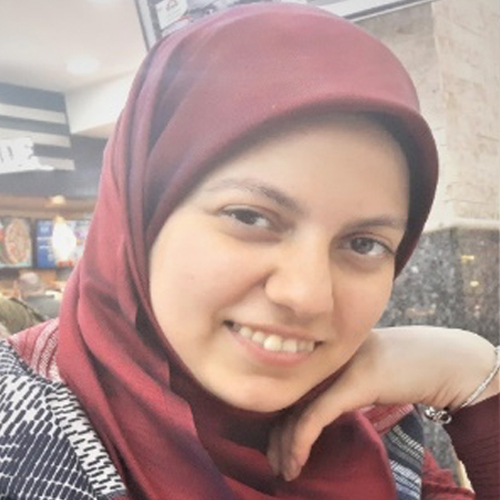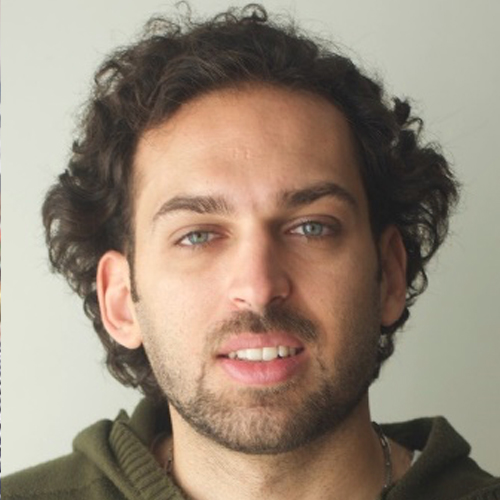
Daniele Guarnera
Daniele Guarnera is a Post-Doc Researcher at the BioRobotics Institute of the Scuola Superiore Sant’Anna. He got his Master Degree in 2015 at Politecnico di Torino discussing a thesis on the interaction between pantograph and rigid catenary developed at Universitat Politecnica de Catalunya.
In 2019 he got his Ph.D. at Politecnico di Torino, defending the thesis ‘Refined one-dimensional models applied to biostructures and fluids’. The Ph.D. was carried out within the Mul2 research group, under the supervision of Professor Erasmo Carrera and focused on the development of advanced structural and fluid-dynamical models applied to biomechanics. During the Ph. D. he spent a period at the University of Massachusetts, Lowell MA, to develop a project related to the 3D bioprinting and mechanical characterization of digital materials. Recently he got a grant at the Università di Catania for the FE assisted characterization of electronic power devices in collaboration with ST Microelectronics and CNR. In 2020 joined the ‘Regenerative Technologies’ Lab of the BioRobotic Institute of Scuola Superiore Sant’Anna. He has a team-oriented research approach, and his research interests move from numerical to experimental methods about material science, structural engineering, and biomechanics. He is author and co-author of 12 scientific publications in peer-reviewed international journals and conference proceedings.





